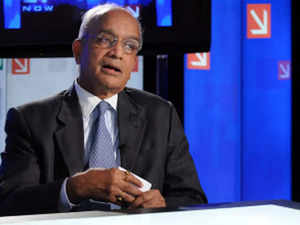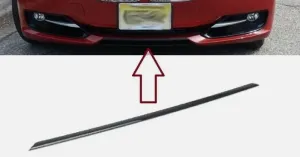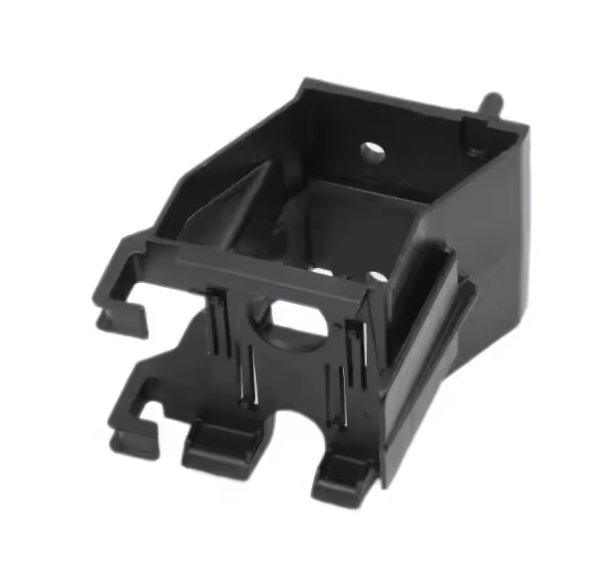Auto component industry needs to invest more on R&D: Maruti Suzuki India Chairman RC Bhargava

Maruti Suzuki India Chairman RC Bhargava
The auto component industry needs to invest more in research and development, and try to maximise internal resources by cutting down spending on the lifestyles of senior management to become competitive globally, Maruti Suzuki India Chairman RC Bhargava said on Thursday. Speaking at the ACMA annual session, the veteran industry leader noted that much needs to be done in order to further enhance auto component exports, which currently stands as just 1.2 per cent of the total automobile global trade.
“Export of components grew and reached USD 15 billion in FY19, a very praiseworthy effort by any account, but it should be noted that the global trade and automobile components are USD 1.3 trillion. And our share of that is barely 1.2 per cent. We are also net importers in the component manufacturing industry,” Bhargava stated at the virtual conference.
The auto component industry needs to take advantage of the global market, which is available today, especially with China being not so much in favour.
“We need to become more competitive, we need to develop technologies, we need to have internal resources to develop competencies. And I think if we do that, and we work together, both government and industry, I believe we have a very bright future for this industry. We can expect higher rates of growth and our exports of components from 1.2 per cent, we could go up to 5 per cent and maybe 7- 8 per cent,” Bhargava noted.
He said that as a result of policy changes in India, and even at an international level, the country has become even better placed to be a large supplier of automotive components to the whole world.
“This will only happen if both the industry and government make it happen on the ground. India is the only big country that still has a very large potential for an annual increase in production. Various figures have been given about rates of penetration in India and other countries.
“Unfortunately, as we know, the growth of our production has declined from 12 per cent in 2010 to an annual compound rate of growth of 1.3 per cent in 2015-20. I am not including the COVID years, because these are unusual years, and should not be really relevant for determining the trend of the industry,” Bhargava said.
The manufacturing industry has been declining and that is not good for growing the competitiveness of the component industry, he added.
“I am sure with a receptive government we will find steps, which are required to once again restore the component and car manufacturing industry on a growth path,” Bhargava said.
He said that currently, the investments in R&D and in developing engineering capabilities have been inadequate in most companies in the component manufacturing sector.
“It is true that such investments will be comparatively large, and then not yield adequate pidends in the short term. For that reason, it becomes important, that investments are made from internal resources and such resources need to be maximised,” he noted.
Bhargava said that the secret of building strong companies is by generating more and more internal resources.
“I will strongly suggest to component manufacturers that they need to look at the entire management culture and the management style and see how more funds remain within the company, and how less funds are used for other purposes. Remember money which remains in the company, will and can be used for strengthening the company,” he noted.
Bhargava also said that the government and industry need to develop means by which the industry can get back to a high growth rate.
He pointed out that there needs to be a change in the mindset of government officials at the state level to facilitate industrial manufacturing.
“As far as the government is concerned I must mention that during the strong socialist ideology period…the thinking was that industry being an activity in towns, the capitalists, richer classes should bear higher costs for most of the factors of production.
“And therefore, whether it was electricity… the costs of manufacturing and industry were raised…and numerous laws and regulations, and the way they were implemented by the bureaucracy and this I’m talking about primarily at the state level,” Bhargava said.
And all of these, including delays, led to high costs for manufacturing, he added.
On green technologies, he noted that electrification can only happen on a large scale in India when the customer finds that it is in his interest to buy an EV, rather than an internal combustion vehicle.
“Certainly, electric vehicles will be adopted very fast in India, because the Indian customer is very quick to understand what is better for him, but I do believe that, given the state of infrastructure in India in various areas, this process will take some time,” he added.
Recommended Suppliers
 April 1, 2024
April 1, 2024  March 27, 2024
March 27, 2024 
 March 27, 2024
March 27, 2024 










